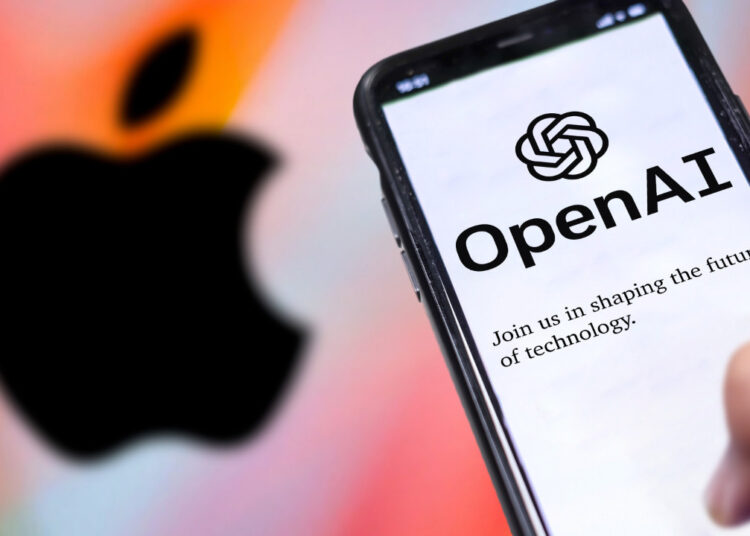You are used to a software-focused progression in the world of artificial intelligence; however, recent developments indicate that this balance is starting to change. OpenAI now aims to have a say in hardware as well, not only by manufacturing devices but also by taking steps to assemble experienced Apple teams under its own umbrella.
In a notable move this May, OpenAI acquired Apple’s legendary designer Jony Ive for approximately $6.5 billion worth of shares, bringing him into the team. Ive joined OpenAI to work on a new series of AI-supported devices; this step demonstrated that the hardware vision is not a temporary project, but one that is progressing with serious investments and long-term planning.
This process is not limited to a single figure. OpenAI continues to build a strong team for new hardware projects by transferring top-level personnel from Apple. Attractive offers from the company include stock packages exceeding $1 million and a flexible, creative working environment. Reducing bureaucracy, enabling quick decision-making processes, and providing opportunities to have a say in ambitious projects present an convincing picture for talents considering leaving Apple.
It is said that Apple employees are directly in contact with OpenAI, and that the opportunity to work with Jony Ive has significantly contributed to this interest. Especially for those who have been increasingly dissatisfied with the gradual progress of design processes at Apple in recent years, these transitions are among the accelerating factors. One of the notable transfers so far includes Apple’s product design chief Tang Tan beginning to work with Ive at OpenAI. During his nearly 25-year career at Apple, Tang played a role in many critical designs, including the iPhone. Alongside him, Cyrus Daniel Irani, director of human interface design, and Erik de Jong, head designer of the Apple Watch, also joined OpenAI’s new team. These figures support a bold vision for user experience.
This entire movement is also closely monitored by Apple. It is suggested that the company has recognized the increasing interest in OpenAI and has taken some precautions to prevent employees from establishing direct communication. For example, the cancellation of the annual off-site event held in China is cited as one of these measures.
Not just Apple, but also OpenAI is reportedly targeting not only Apple employees but also supply chain partners. The company is said to be in contact with major players like China-based Luxshare and Goertek for hardware production; these firms are already playing important roles in the manufacturing of iPhones, AirPods, and Apple Watch. Although not officially announced, it is rumored that among the devices OpenAI is working on are concepts such as screenless smart speakers, wearable pins, glasses-like designs, and voice-focused recording devices.









